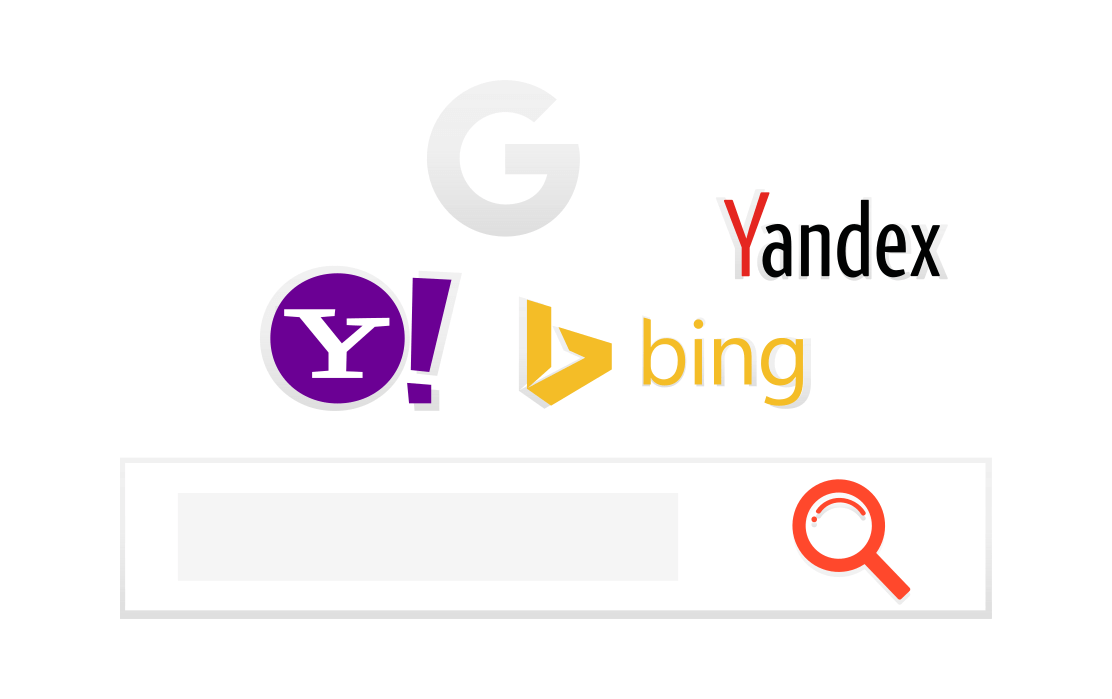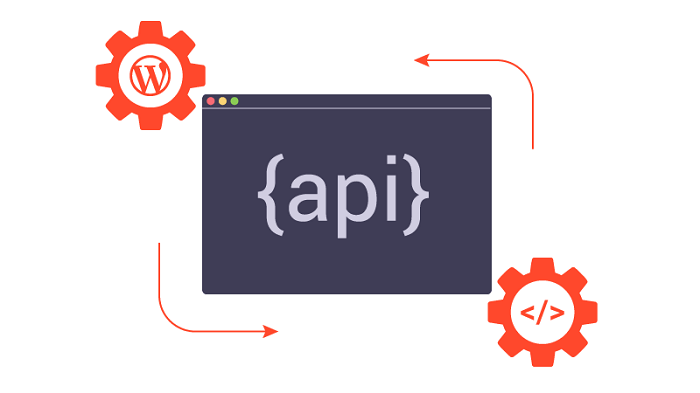In this fast-paced world, to market ourselves or our products in a portfolio, we need a website that is cost effective, easy to set up, secure, and customizable to our needs. That’s where WordPress pulls ahead of other contenders.
In this blog, I will provide an overview of WordPress and what makes it stand out in the area of website development.
What WordPress is about
WordPress (WordPress.org) is an open-source content management system (CMS) built on PHP. You can choose any back-end, like MySQL, Maria DB, or SQLite. But I think PHP and MySQL are one of the best combos ever in the platform.
Note: In the world market, WordPress websites’ share is around 35% and it’s still growing.
Is WordPress for all?
Yes, WordPress is for all. Initially, WordPress was started as a blogging platform in 2003, but later WordPress’s versatility was exploited by communities that made countless plugins (which we will discuss later). It’s user-friendly at every step, from installation to publishing a page or post, and the process takes very little time even for a novice.
Is WordPress secure to use?
Being an open-source software, one could think WordPress code is vulnerable to hackers. But that’s not the case. WordPress provides timely updates to ensure there are no security breaches or loopholes in the code. All we need to do is update the core code regularly.
What is required to start a WordPress site?
WordPress core code is free to download and use. No payment is required for that, but we need to spend few bucks for the domain name and hosting platform.
Is WordPress SEO-friendly?
WordPress core has high-quality code with standard compliances. Its semantic markup helps us meet the SEO algorithms of any search engine easily. The WordPress community has been constantly improving the platform to meet SEO needs.
Plugins
To integrate a specific feature or functionality into a WordPress website, you just have to add the right plugin.
This is something very important for every user who owns a website and uses the features on the go. It is one of the major versatile factors of WordPress. There are many free plugins and pro plugins available for it in the market. But while choosing the plugins from external sites (other than wordpress.org), make sure that the provider is trustworthy.
There are many plugins available in various fields like security, performance, e-commerce, and documentation.
Note: As of January 2020, WordPress has over 55,000 active free plugins.
Themes
The user interface (UI) is the one of the most important parts of every website. Websites with rich user interfaces are preferred by most users.
WordPress has its own set of free themes as well as pro ones.
Note: As developers, we can create our own plugins and themes.
REST API (only for developers)
If you are already with another platform but need WordPress content to be integrated into it, you can do it easily with REST API.
How it helps
Bloggers can create a blog site with good free themes available and make sure that WordPress’s SEO settings are set right.
Freelancers can create blog sites, websites, and apps with minimal investment and sell them to your customers.
Startups and enterprises can choose the right theme with better typography and color-schemes, and promote SEO-oriented marketing content. Once done, with the help of the plugins available, we can add features like knowledge bases, community forums, and contact forms, and then publish the site in minimal time.
Note: While choosing a plugin, it may or may not meet our exact requirement. In those situations, we may need to refine one via programming. Just hook it.
Conclusion
As an ending note, there are many CMS contenders available on the market. But being flexible, highly versatile, user-friendly, SEO-friendly, and offering countless features makes WordPress preferable over others.
Syncfusion has 1,000 components and frameworks for WinForms, WPF, ASP.NET (Web Forms, MVC, Core), UWP, Xamarin, Flutter, JavaScript, Angular, Blazor, Vue, and React. Use them to boost your application development speed.



